Troubled union: Apple's China problem
How will Apple branch away from building products in China?
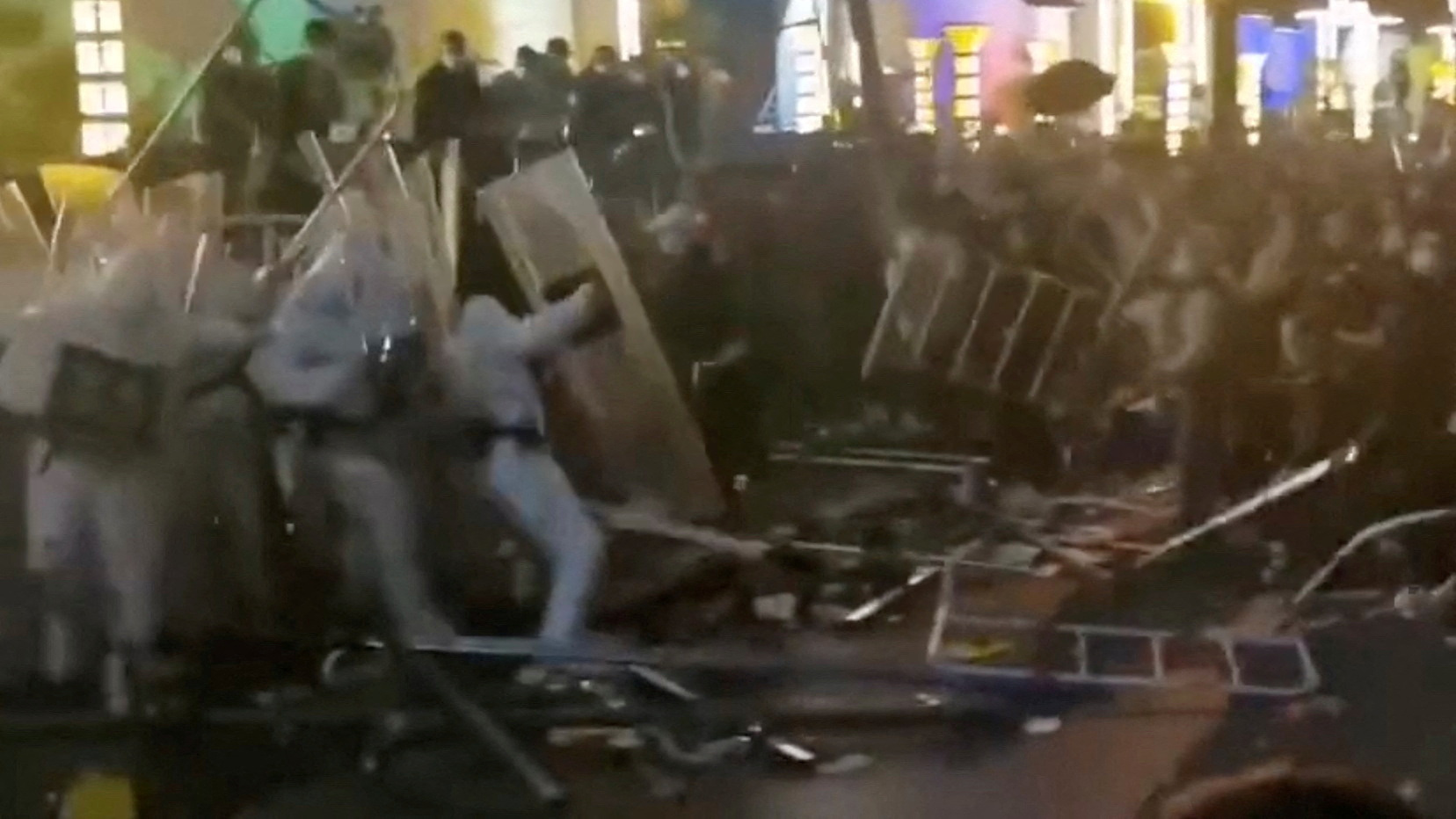
A free daily email with the biggest news stories of the day – and the best features from TheWeek.com
You are now subscribed
Your newsletter sign-up was successful
The smartest insight and analysis, from all perspectives, rounded up from around the web:
As China's COVID-lockdown protests spread, Apple is finally being forced to address its dependence on Beijing, said Tim Culpan in Bloomberg. Last week, fighting broke out at a massive factory complex nicknamed "iPhone City" in Zhengzhou, where footage of violent scenes showed "white-clad storm troopers in protective gear beating people, while hordes of workers fight back." For weeks, workers had been "confined to their dorms, starved of reliable information, denied adequate food, and fearing for their safety." The 200,000-person industrial metropolis is owned by Taiwan's Foxconn, but it has been making iPhones since 2007. The unrest there is "likely to result in a production shortfall of close to 6 million iPhone Pro units this year." The conflict might "have been avoided if Apple and its suppliers" had had "sufficient backup options." But China still produces roughly 95 percent of Apple's iPhones, despite "mounting evidence that such concentration is a major political and economic risk."
"It's no coincidence that Apple's rise from near bankruptcy in the 1990s has closely followed China's economic ascent," said Tripp Mickle in The New York Times. In many ways, Apple "pioneered a best-of-both-worlds business model: Products designed in California were assembled inexpensively in China and sold to the country's growing middle class." Over time, it has added more Chinese components to its products at lower prices. In recent years, however, those ties "have turned into a liability," and Washington is "watching carefully what goes into its products." Apple can "no longer afford to ignore its China problem," said Helen Raleigh in The Federalist. It's not just the moral hypocrisy of turning a blind eye to China's environmental and human rights issues. It's that Apple has tied its supply chain and profitability to "the mercy of one man — China's dictator for life, Xi Jinping."
The Week
Escape your echo chamber. Get the facts behind the news, plus analysis from multiple perspectives.

Sign up for The Week's Free Newsletters
From our morning news briefing to a weekly Good News Newsletter, get the best of The Week delivered directly to your inbox.
From our morning news briefing to a weekly Good News Newsletter, get the best of The Week delivered directly to your inbox.
Apple has other options, said The Economist. In September, it "started making its new iPhone 14 in India," and shifted MacBook and AirPod production to Vietnam. "The need to spread operational risk" is one motive. Another is that "average wages in China have doubled in the past decade." India's sketchy infrastructure always held it back, but it has improved. "Apple also increasingly sees locals as potential customers" for its iPhones. Still, it's impossible to ignore that Apple "requires its own 'city' just to build iPhones," said Dan Gallagher in The Wall Street Journal. Bank of America analysts earlier this month wrote that it will take "many years" for Apple to achieve "meaningful diversification from China-based manufacturing."
Breaking up is hard to do, said Pete Sweeney in Reuters. Despite massive tariffs, foreign direct investment in China "rose 14 percent from January to October." Apple may be diversifying its supply chain, but other firms, such as Starbucks, are "increasing exposure." Politicians hoping to replicate China's supply chain ought to remember it "started building out the logistical infrastructure in the 1980s." It has taught "hundreds of millions of blue-collar workers to be seasoned manufacturing hands in sophisticated production systems." Replicating that elsewhere requires more than wishful thinking.
This article was first published in the latest issue of The Week magazine. If you want to read more like it, you can try six risk-free issues of the magazine here.
A free daily email with the biggest news stories of the day – and the best features from TheWeek.com
-
 Political cartoons for February 12
Political cartoons for February 12Cartoons Thursday's political cartoons include a Pam Bondi performance, Ghislaine Maxwell on tour, and ICE detention facilities
-
 Arcadia: Tom Stoppard’s ‘masterpiece’ makes a ‘triumphant’ return
Arcadia: Tom Stoppard’s ‘masterpiece’ makes a ‘triumphant’ returnThe Week Recommends Carrie Cracknell’s revival at the Old Vic ‘grips like a thriller’
-
 My Father’s Shadow: a ‘magically nimble’ film
My Father’s Shadow: a ‘magically nimble’ filmThe Week Recommends Akinola Davies Jr’s touching and ‘tender’ tale of two brothers in 1990s Nigeria
-
 TikTok secures deal to remain in US
TikTok secures deal to remain in USSpeed Read ByteDance will form a US version of the popular video-sharing platform
-
 How will China’s $1 trillion trade surplus change the world economy?
How will China’s $1 trillion trade surplus change the world economy?Today’s Big Question Europe may impose its own tariffs
-
 Shein in Paris: has the fashion capital surrendered its soul?
Shein in Paris: has the fashion capital surrendered its soul?Talking Point Despite France’s ‘virtuous rhetoric’, the nation is ‘renting out its soul to Chinese algorithms’
-
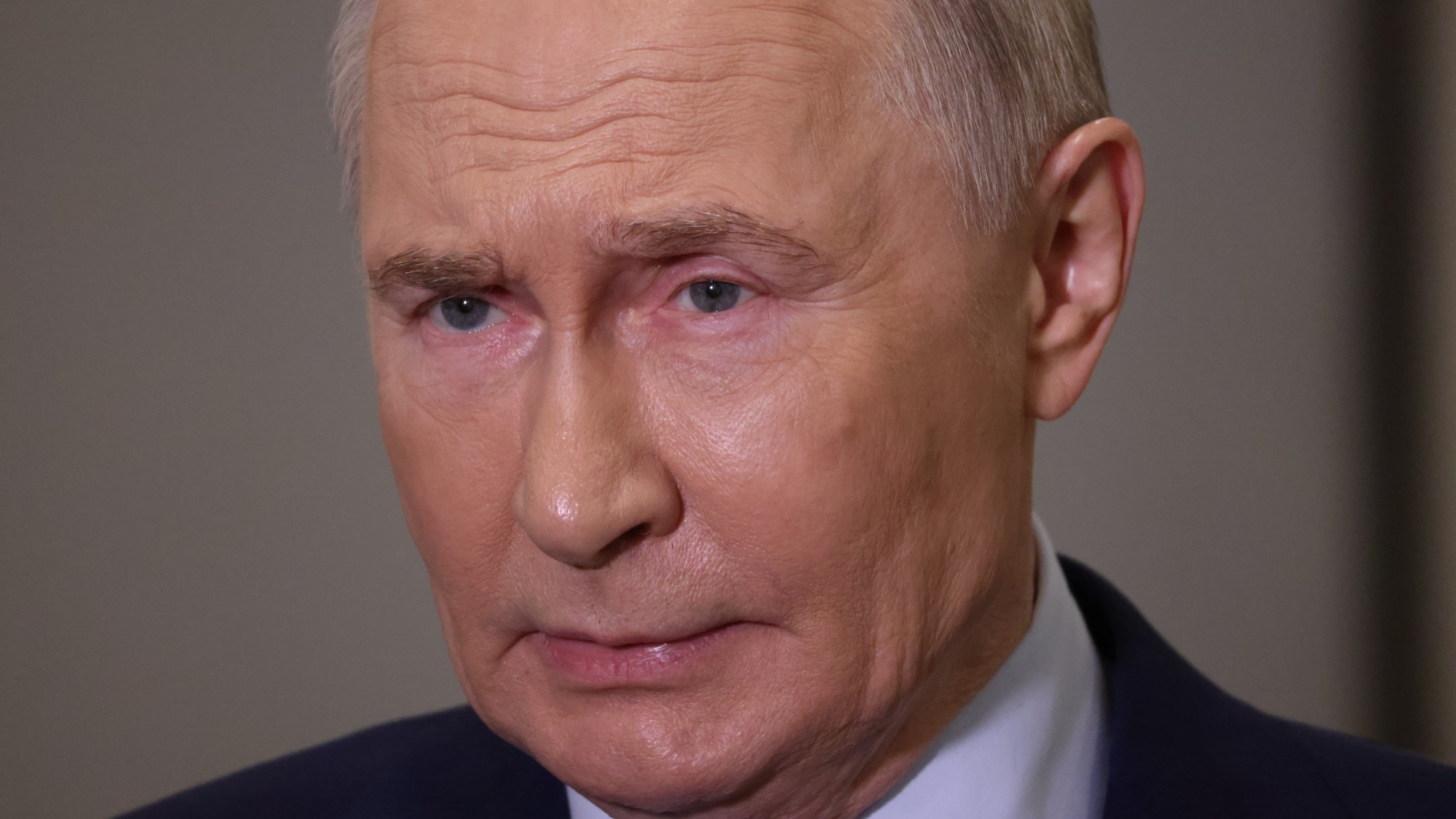 Will latest Russian sanctions finally break Putin’s resolve?
Will latest Russian sanctions finally break Putin’s resolve?Today's Big Question New restrictions have been described as a ‘punch to the gut of Moscow’s war economy’
-
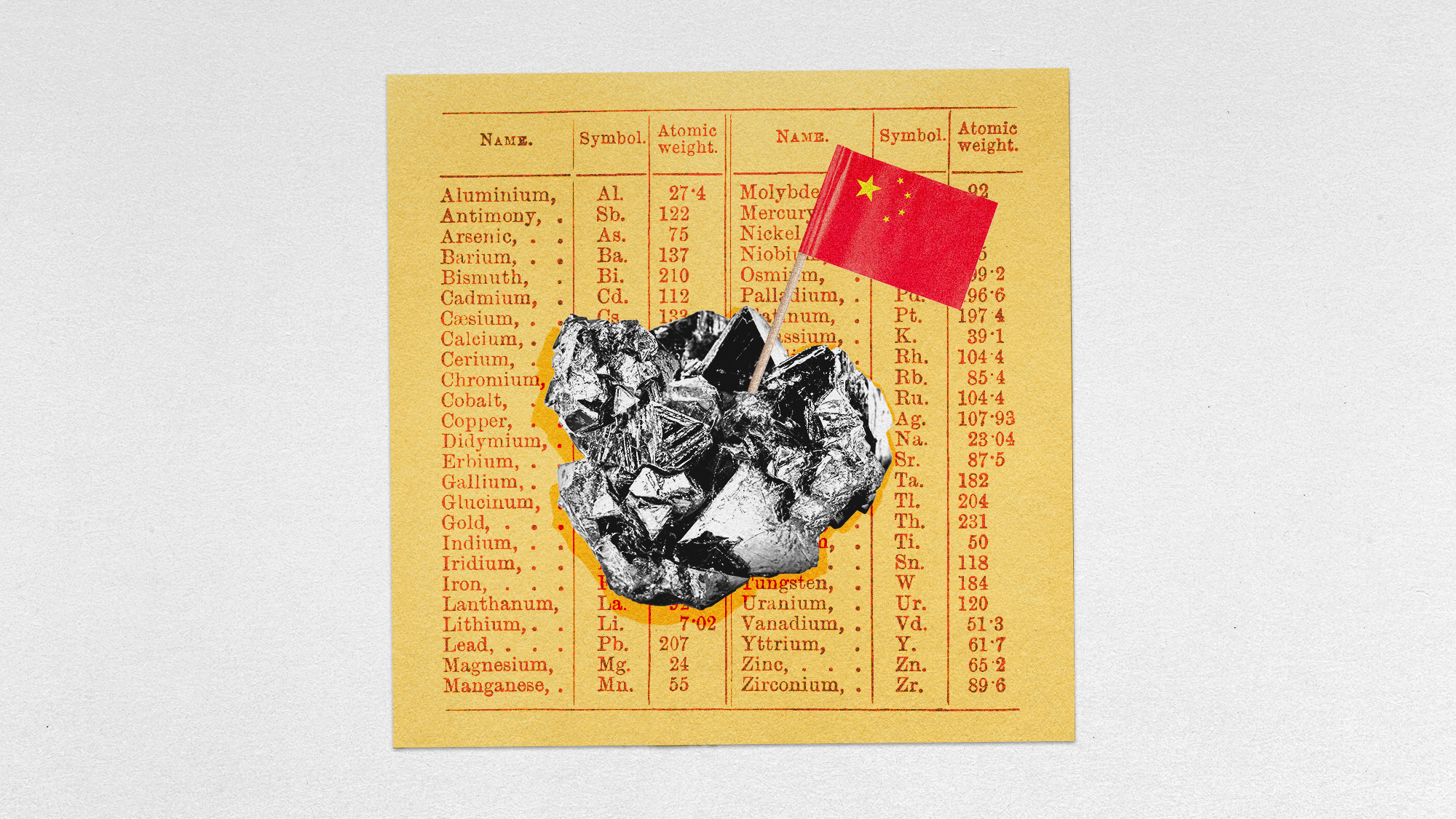 China’s rare earth controls
China’s rare earth controlsThe Explainer Beijing has shocked Washington with export restrictions on minerals used in most electronics
-
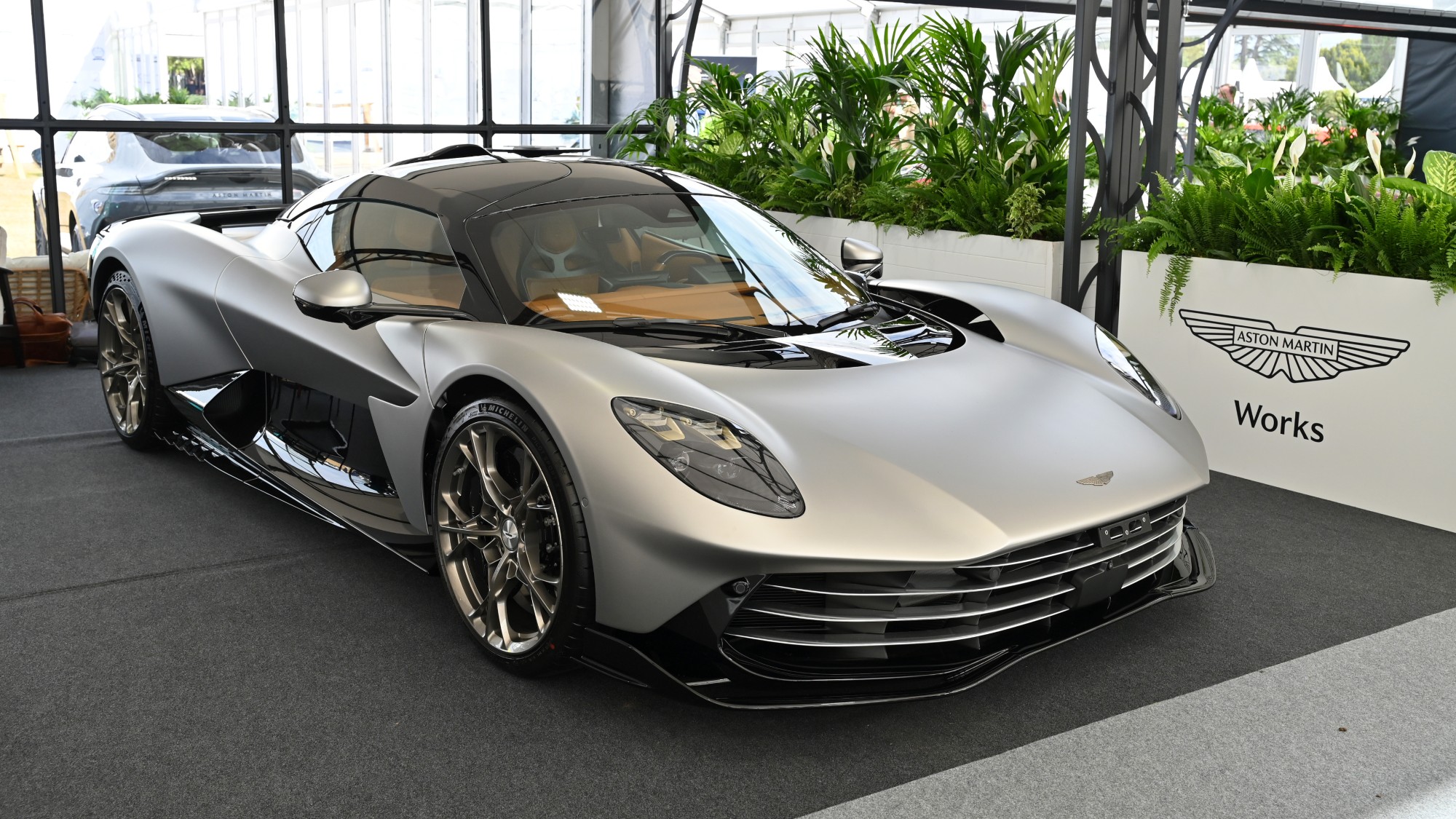 The struggles of Aston Martin: burning cash not rubber
The struggles of Aston Martin: burning cash not rubberIn the Spotlight The car manufacturer, famous for its association with the James Bond franchise, is ‘running out of road’
-
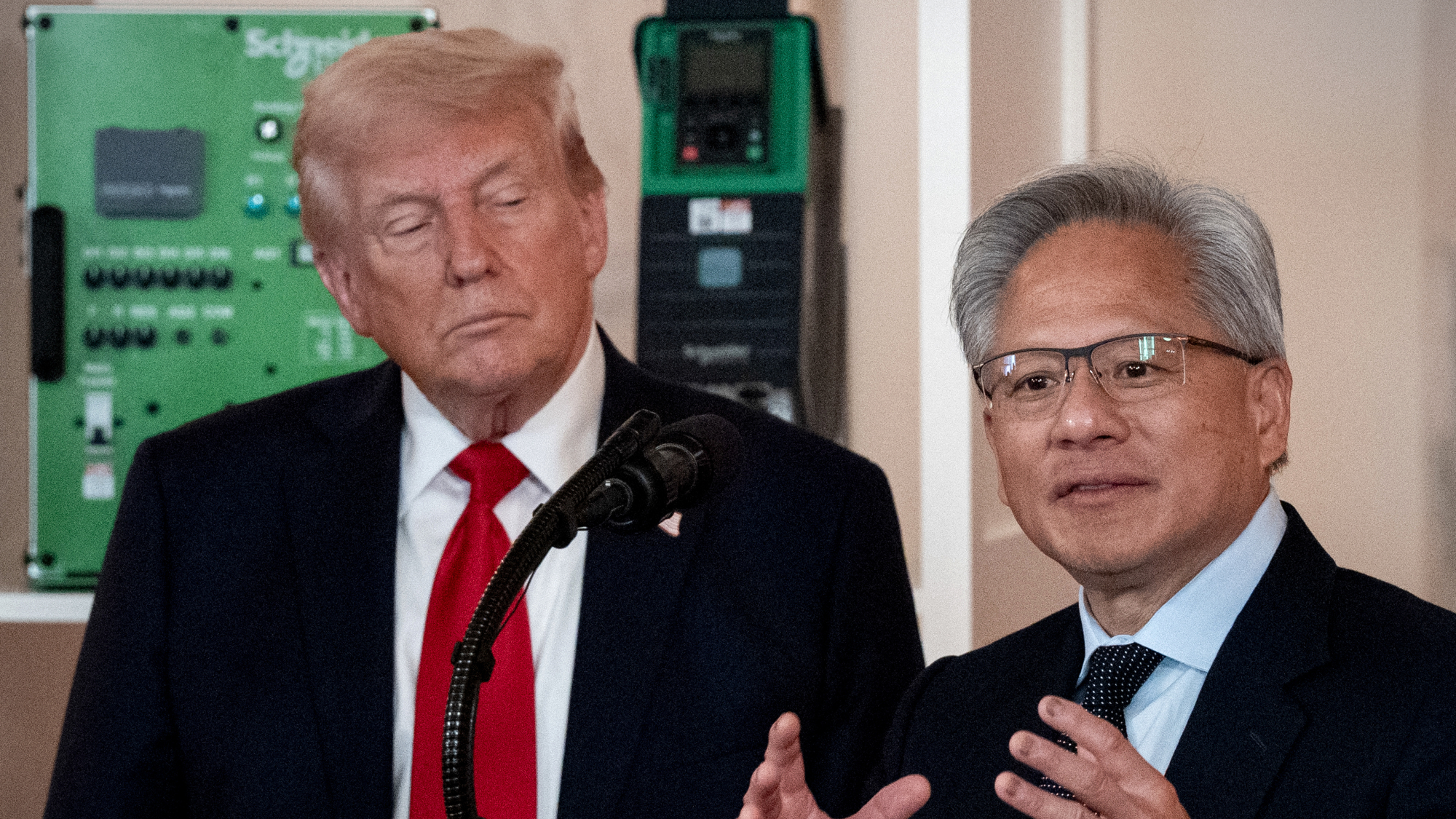 US to take 15% cut of AI chip sales to China
US to take 15% cut of AI chip sales to ChinaSpeed Read Nvidia and AMD will pay the Trump administration 15% of their revenue from selling artificial intelligence chips to China
-
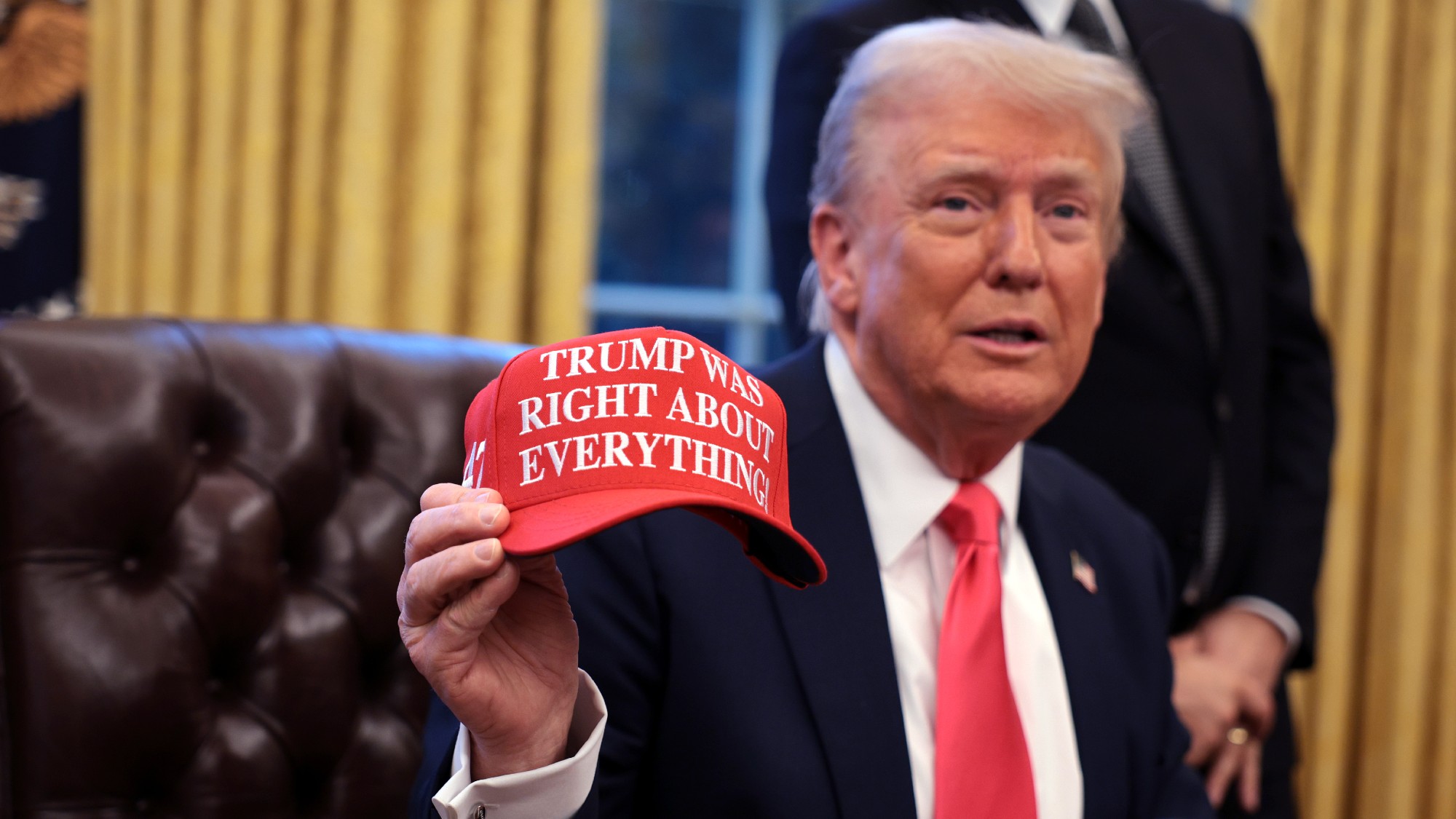 Is Trump's tariffs plan working?
Is Trump's tariffs plan working?Today's Big Question Trump has touted 'victories', but inflation is the 'elephant in the room'